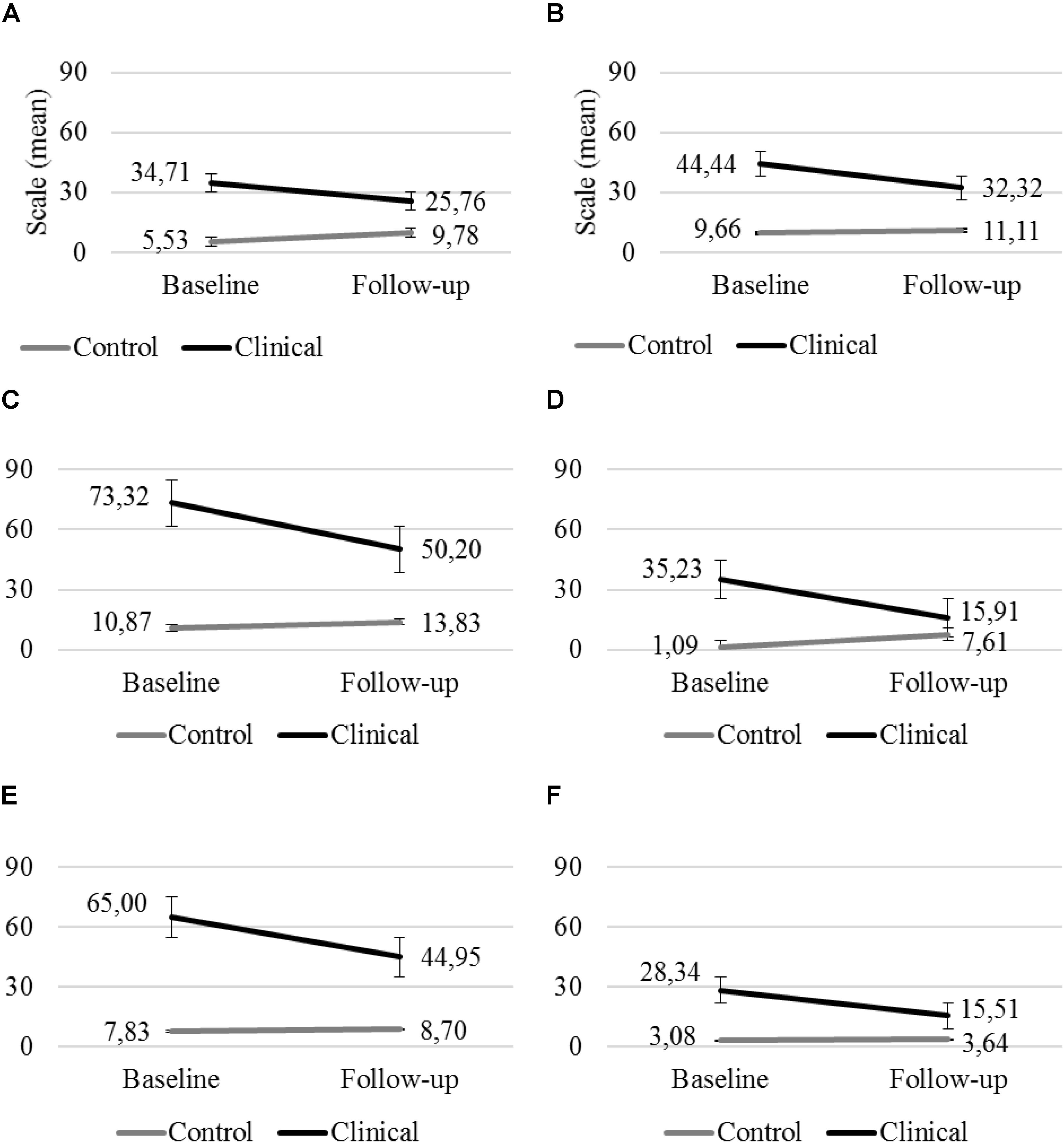However, shifting cultural narratives are encouraging men to confront and overcome these insecurities. Public discussions surrounding mental health, emotional awareness, and the importance of vulnerability are gaining traction. Initiatives such as Movember, which focuses on men’s health issues, and various men’s support groups, are providing platforms for open conversations that challenge the outdated notions of masculinity.
Moreover, adaptability remains a cornerstone of effective leadership, especially in today’s rapidly changing business landscape. Leaders who can pivot in response to new information or evolving circumstances are better positioned to guide their teams through uncertainty. Men should seek opportunities to step outside their comfort zones, embracing new challenges that push their boundaries and enhance their ability to adapt. Embracing change and encouraging a flexible mindset in the workplace fosters innovation and resilience.
For men looking to refine their EI, self-reflection and feedback from peers can provide invaluable insights. Emotional intelligence (EI) is another critical component of successful leadership. It encompasses the ability to recognize and manage one’s own emotions as well as the emotions of others. Engaging in emotional intelligence training or workshops can further equip them with the tools necessary to navigate complex interpersonal dynamics. According to Daniel Goleman, a leading expert in EI, effective leaders demonstrate empathy, which builds trust and loyalty within their teams.
Those who can manage their time effectively, meet deadlines, and consistently deliver quality work tend to earn promotions and leadership opportunities. In competitive job markets, employees who demonstrate self-discipline often stand out. Moreover, self-disciplined individuals are more likely to pursue continuous learning and skill development, ensuring their relevance in an ever-changing workforce. One of the most critical areas where self-discipline plays a significant role is in career development.
While these skills can manifest differently in men and women, the importance of fostering EI in men is increasingly coming to the forefront. Emotional intelligence encompasses the ability to recognize, understand, and manage our own emotions while also being adept at recognizing and influencing the emotions of others. It consists of four main components: self-awareness, self-regulation, social awareness, and relationship management.
Whether it’s managing anger, communicating effectively, or balancing work and family life, self-regulation is essential. By making thoughtful choices in their interactions, they can cultivate trust and deep intimacy in relationships, steering clear of destructive behaviors that can lead to disconnect and loneliness. Men who practice self-discipline are often better equipped to handle stress and conflict, fostering healthier connections with partners, friends, and family. In the realm of personal relationships, self-discipline proves equally vital.
By breaking the silence surrounding mental health, we can cultivate a generation of men who view vulnerability as a strength and prioritize their mental well-being. Together, we can nurture a healthier future for all. The journey towards mental resilience is not a solitary path; it flourishes in community, dialogue, and shared experience. In conclusion, promoting men’s mental resilience requires a concerted effort to dismantle harmful stereotypes and encourage emotional expression.
Initiatives such as “Men and Emotional Intelligence” workshops provide safe spaces for men to explore their emotions, fostering an environment that encourages open dialogue and understanding. Supportive communities and programs aimed at promoting emotional intelligence in men are also on the rise.
In today’s fast-paced world, effective leadership is paramount for success across industries. For men aspiring to enhance their leadership capabilities, focusing on specific skills can make a significant difference in both professional and personal environments. While traditional views on leadership often cast it as an innate quality, experts argue that it is a skill set that can be developed.
Effective leaders articulate their vision clearly, ensuring that their teams understand the objectives and the means to achieve them. A study by the Harvard Business Review found that leaders who prioritize open communication not only create stronger teams but also enhance employee engagement and productivity. Active listening is equally crucial; it allows leaders to foster a culture of inclusivity and respect. First and foremost, communication stands as a fundamental pillar of leadership.
 By investing time and effort into these areas, they can unlock their full leadership potential, creating positive impact in their organizations and communities. Men looking to enhance their leadership skills should ADHD natural focus tips on communication, emotional intelligence, strategic thinking, adaptability, and mentorship. In conclusion, while some may argue that leadership is an inherent trait, the reality is that it is a skill set that can be cultivated over time. As the business world continues to evolve, the demand for effective, adaptable leaders will only grow. Men who embrace this challenge will not only advance their careers but also inspire those around them to reach their full potential.
By investing time and effort into these areas, they can unlock their full leadership potential, creating positive impact in their organizations and communities. Men looking to enhance their leadership skills should ADHD natural focus tips on communication, emotional intelligence, strategic thinking, adaptability, and mentorship. In conclusion, while some may argue that leadership is an inherent trait, the reality is that it is a skill set that can be cultivated over time. As the business world continues to evolve, the demand for effective, adaptable leaders will only grow. Men who embrace this challenge will not only advance their careers but also inspire those around them to reach their full potential.
